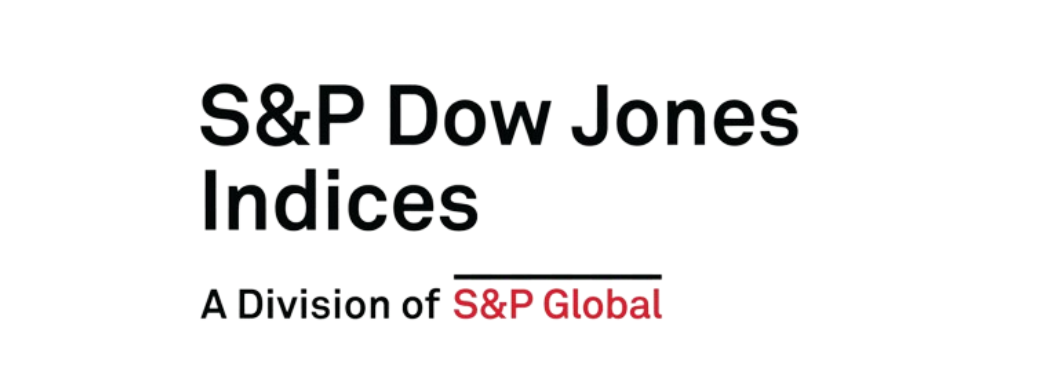The role of index committees at S&P Dow Jones Indices was thrown into the spotlight last week after one of its membersallegedly made $900,000 from insider tradingon index changes he was privy to.
James Yang, a senior index manager at SPDJI, was responsible for managing a wide range of US indices with more than $70bn of ETF and index fund assets tracking them including the S&P Dividend Aristocrats, Dow Jones Select Dividend and Dividend 100 and the S&P Select Industry.
While in this role, Yang allegedly gave inside information between April and October 2019 when changes to the SPDJI’s indices would be made. This was achieved by tipping an associate when companies such as T-Mobile, Grubhub and others would be added or removed.
Along with highlighting serious governance issues at the index provider, the news brings to light the firm’s index committees that have the power to add or remove companies at their discretion.
Firstly, it is worth noting the fraud would not have been possible if each of the firm’s indices had a transparent and objective set of rules.
Furthermore, the use of an index committee, which has the ability to include or ignore stocks rather like an active manager, brings into question what the selection process is.
Who are the people making decisions that have the power to cause millions of dollars of inflows and outflows from individual companies and what metrics do they take into account?
The use of the index committee also causes short-term trading around rebalance dates. This was highlighted earlier this month when the index committee for the S&P 500 chose not to include Tesla despite four consecutive quarters of profits, a key criteria for inclusion in the index.
This led to the electric vehicle maker falling a 21% in one day, its worst one-day loss on record, highlighting the impact the index committee can have.
It is worth noting, investors also take advantage of rules-based indices when they rebalance as well. A paper by René Kuil, senior investment manager at PGGM Investments, found investors suffered an annual performance drag of 0.44% from rebalances of the MSCI Minimum Volatility World index between 2011 and 2016.
Steps are being taken to address this, however, with Kull suggesting index providers should rebalance more frequently or launch mirror indices with different rebalancing dates so large assets are spread.
Turning back to index committees, their active management-esque mandate should certainly set off alarm bells for any rules-based investor.
As one industry source said: “This is probably the final nail in the coffin of SPDJI’s ‘index committee selects the constituents’ model.”
Hard-hitting words but in a world where investors increasingly value transparency and clearly defined rules, is there any room for an index committee making active decisions on inclusions?



